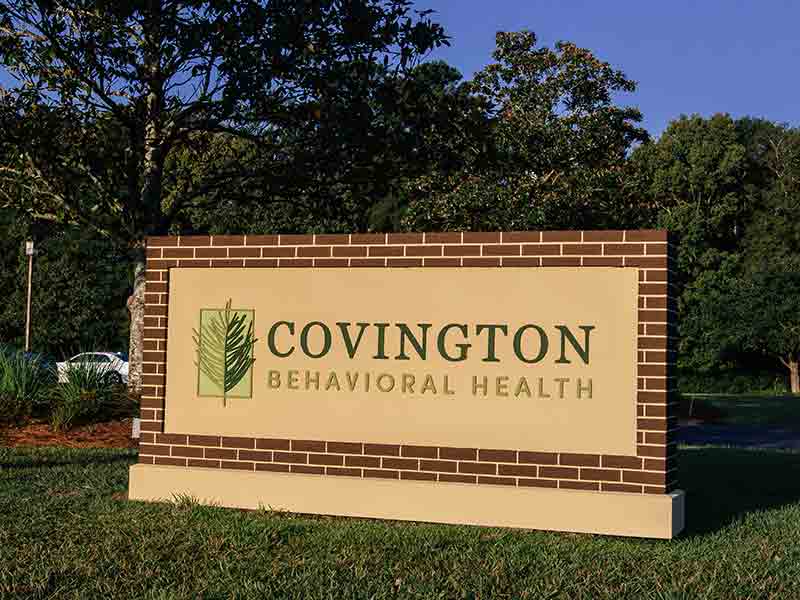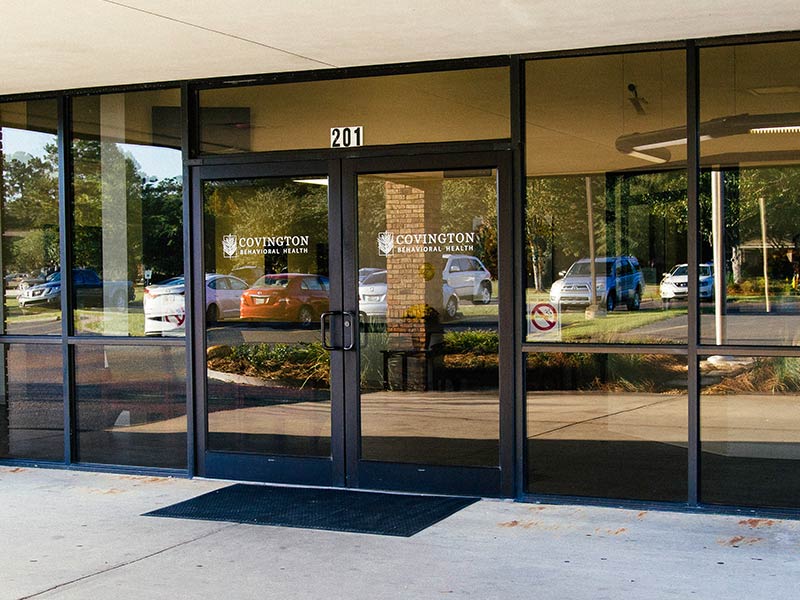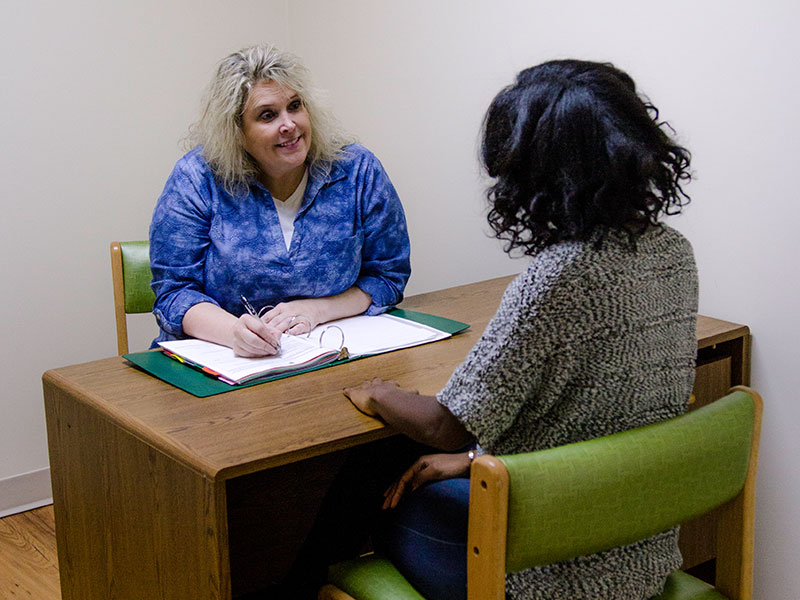At Covington Behavioral Health, we believe education is an important first step in the effort to heal from depression. Understanding the signs, symptoms, and effects of depression can help you get the right type and level of care for yourself or a loved one.
Understanding Depression
Learn about depression
All people are briefly affected by sadness at from time to time. Usually, this is a normal reaction to negative events or loss, and although the emotions are not enjoyable at the most difficult moments, they often bring about change and new growth with time. Sadness and clinical depression are not the same. Symptoms of a depressive disorder interfere with everyday life, sometimes for years at a time.
Depressive disorders involve more than feeling unhappy. Changes in thinking characteristic of this mental health disorder cause irritation and instability that interferes with daily activity. Three of the more common types of depressive disorder include persistent depressive disorder, premenstrual dysphoric disorder, and major depressive disorder.
The following are some of the symptoms that are associated with each of these three types:
Major depressive disorder: Lasting from weeks to years on end, the symptoms of this disorder include inability to feel pleasure, lack of motivation, and diminished energy. Eating habits, sleeping habits, and weight might change drastically. Cognitive ability decreases and may be overwhelmed by thoughts of being worthless, without hope, unable to concentrate, and wanting to die.
Persistent depressive disorder: Persistent depressive disorder makes a person experience many of the symptoms of major depressive disorder. With persistent depressive disorder, though, the symptoms last longer but will not always be as intense as those experienced by individuals who have major depressive disorder. This disorder was previously known as dysthymia.
Premenstrual dysphoric disorder: The symptoms of this disorder are similar to the disorders described above, but they directly correlate to a woman’s menstruation. Irritation and anxiety cause mood changes that go away after menses completion.
Each type of depressive disorder is painful and distressing. The development of symptoms can be gradual, so all of the effects of the disorder might not be felt at the initial onset. Many people do not even realize the extent to which they have stopped living fully until their symptoms reach an extreme intensity.
All depressive disorders can be reversed with treatment. Care and support go a long way in treating the depressive effects of each of the three above-mentioned depressive disorders, causing a restoration of the ability to feel joy and happiness again.
Statistics
Depression statistics
About 6.7% of Americans above the age of 18, or about 14.8 million people, are currently diagnosed with depression, which usually sets in between the ages of 18 and 25, according to data from the National Institute of Mental Health (NIMH). After the age of 50 a person has an increased chance of developing a depressive disorder. Women seem to have a greater risk of becoming depressed that men do, as 1.5 to 3 times as many women report depression symptoms.
Causes and Risk Factors
Causes and risk factors for depression
There are many depression risk factors and causes. The following are some of the more commonly recognized:
Genetic: Depression runs in families. The American Psychiatric Association, or APA, states that a person with a close familial relationship that has diagnosed depressive disorder is 4 times more likely to develop depressive disorders than a person with no history of family depression.
Environmental: Stressful, traumatic, or otherwise difficult events can trigger depression. Abuse and bullying in childhood increase the risk of getting depressed as an adult. Discouraging or tragic situations that leave a person with little hope of improvement will bring a risk of depression.
Risk Factors:
- Trauma
- Death of a loved one
- Being female
- Addiction or alcoholism
- Family history of depression
- Negative thinking or negative cognitions
- Being between 18-29 or over 50
Signs and Symptoms
Signs and symptoms of depression
Depressive disorders will affect each person in a uniquely different way. Both an individual’s personal and family history as well as the sort of disorder that he or she experiences will cause symptoms to vary. The following are common signs of depressive disorders:
Behavioral symptoms:
- Appearing non-reactive, flat or “numb”
- Crying or tearing up excessively
- A decline in work or school performance
- Behaving jittery or anxiously
- Declining in performance in school or work
- Becoming irritable or angry
- Decreasing in speech or movement speed
- Attending social activities or other pleasurable activities less
Physical symptoms:
- Sleeping troubles, inability to get out of bed or unable to sleep well
- Headaches, stomachaches or other somatic pains
- Weight loss
- Fatigue
- Eating habit changes
Cognitive symptoms:
- Decision making difficulty
- Hard to concentrate or focus
- Thoughts that race in speed
- Easily distracted
- Slower cognition
Psychosocial symptoms:
- Sadness, shame, and guilt
- Feeling irritable
- Thoughts about giving up or committing suicide
- Social withdrawal
Effects
Effects of depression
If left untreated, dangerous threats are posed by depression. The problems listed below are common issues caused by depression:
- Withdrawal and self-isolation
- Thoughts of suicide
- Attempts at suicide
- Conflict within the family
- Substance abuse
- Trouble performing at work
- Self-injury
- Problems sleeping, exhaustion
- Strain and conflict in relationships
- Loss of employment
Co-Occurring Disorders
Depression and co-occurring disorders
Other mental health disorders are likely to become known when depression is experienced. Some of these are the following:
- Obsessive-compulsive disorder (OCD)
- Substance use disorder
- Posttraumatic stress disorder (PTSD)
- Anxiety disorders
- Eating disorders















